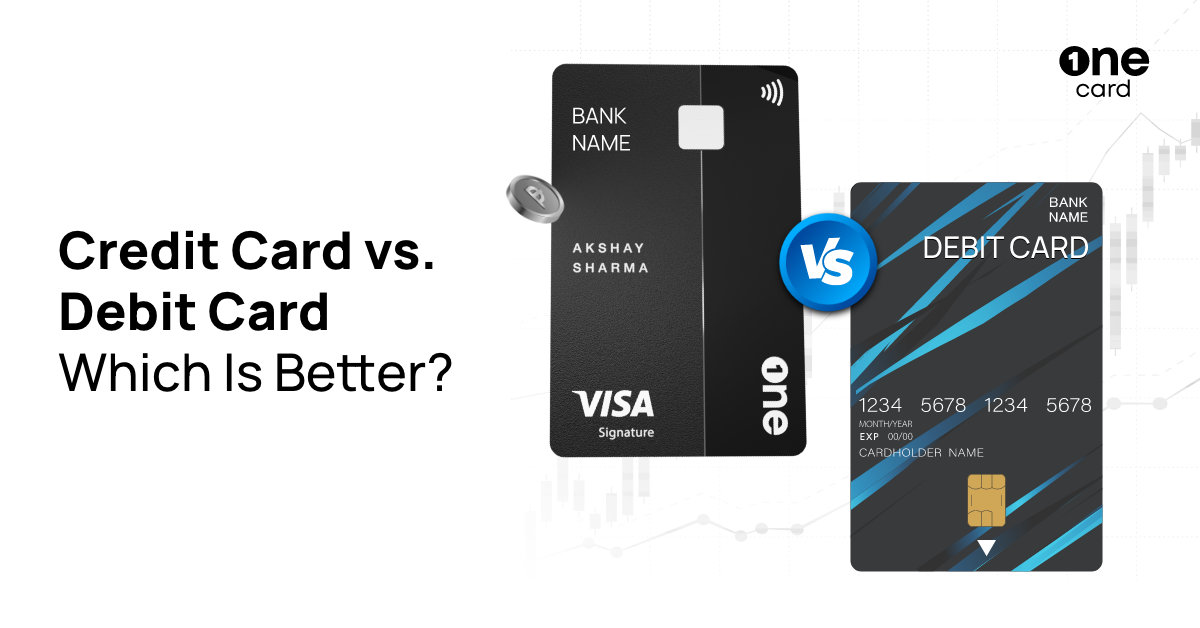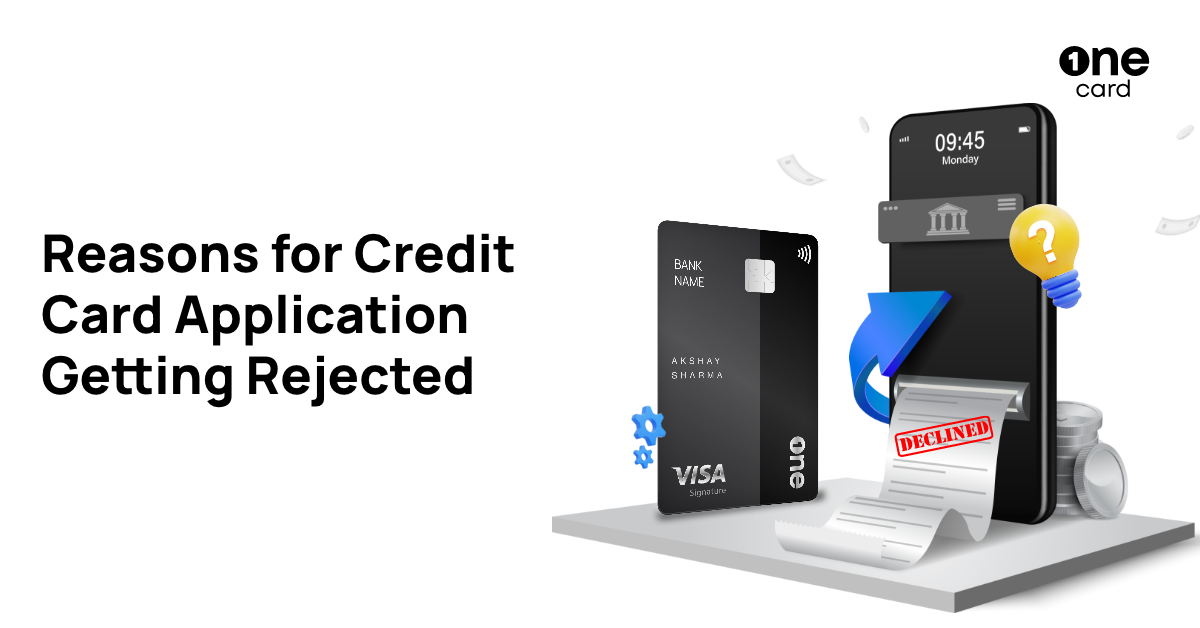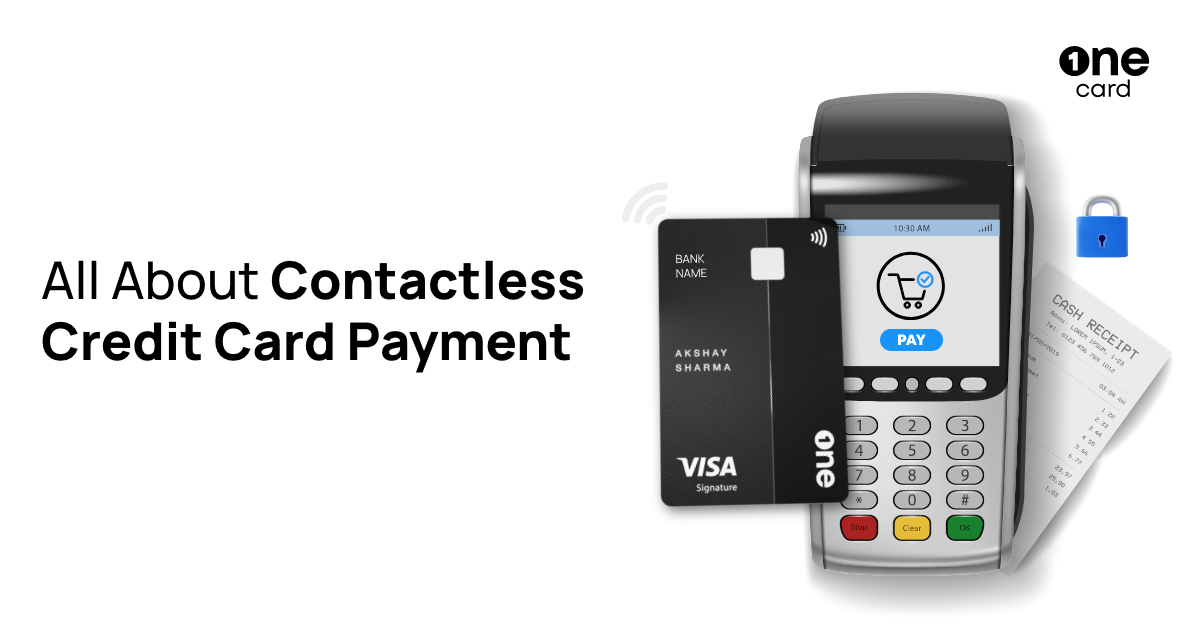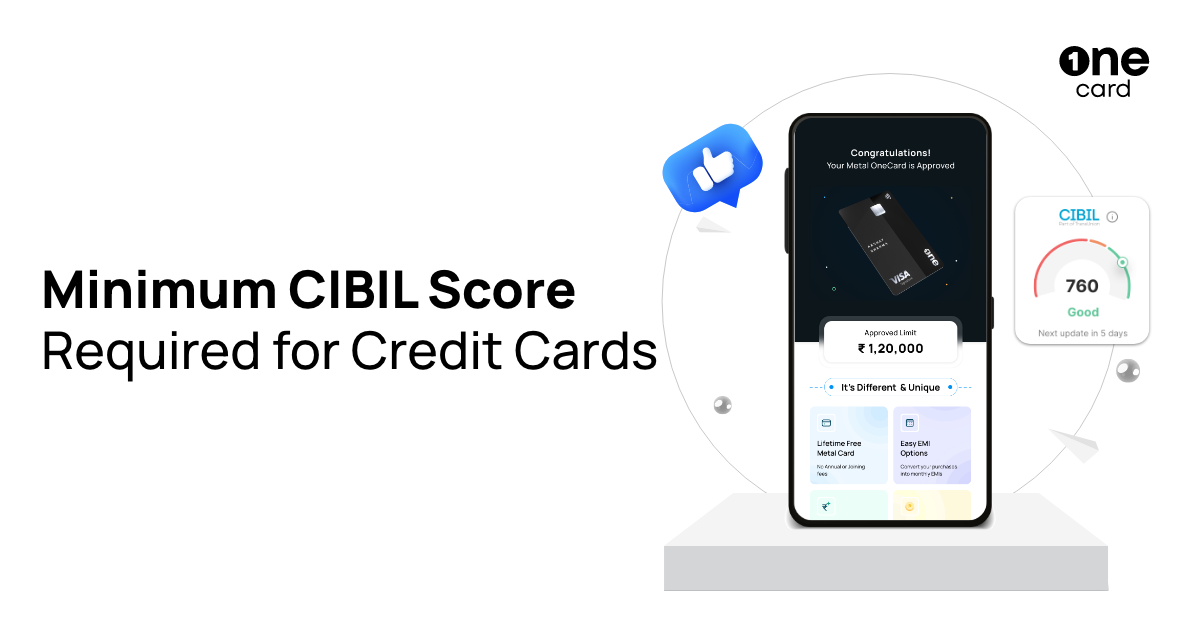Debit Card vs. Credit Card: Which is Better?
By OneCard | May 30, 2023

Table of contents:
What is a Credit Card?
A credit card is a financial tool that allows you to borrow money from a financial institution to pay bills and make purchases. It essentially provides you with a line of credit that you can use to make purchases up to a certain limit. Credit cards are popular and an easy way to make purchases just with a tap or swipe.
What is a Debit Card?
A debit card is a payment card linked to your bank or financial institution's checking account. When you use a debit card to make a purchase, the money is immediately deducted from your account balance, so you can only spend the amount of money in your account. Debit cards are widely accepted as a form of payment and are used to withdraw cash from ATMs. They offer a convenient and secure way to access funds for everyday financial transactions.
Debit Cards vs. Credit Cards
Credit cards and debit cards are both payment tools but operate differently. Credit card and debit card differences are described below.
- Credit cards allow you to borrow money, whereas debit cards take money from your current/saving account.
- Credit cards charge interest on purchases if you fail to pay in full before the due date, while debit cards do not have interest charges.
- Credit cards need factors like a credit score to get one. On the other hand, a debit card can be availed by anyone with a bank account.
- Credit cards help build your credit score, while debit cards do not contribute to your credit score.
Also Read: Understanding Credit Card Billing Cycle
There are many advantages to using a credit card. These are mentioned below.
- They help you make cashless purchases.
- They help you earn rewards and cashback on certain transactions
- They help you to build a credit history that makes you eligible for other forms of credit, like loans.
- Credit cards offer fraud protection and customers can dispute charges.
- In cases of emergency, credit cards can help you withdraw money and meet your expenses instead of applying for a Personal Loan.
- With responsible use, you can increase your credit limit over time, providing you with greater purchasing power and flexibility.

Credit Cards v Debit Cards: Pros and Cons
The pros and cons of credit and debit cards are:
1. Credit Cards
Pros:
- They offer reward programs, cashback, and other perks.
- They help build a credit score if used responsibly.
- They can be used for purchases if you are short of cash.
Cons:
- Charges interest if you do not make timely payments.
- They may be used irresponsibly.
- Unsecured credit cards require a credit score, which can be a barrier for some.
2. Debit Cards
Pros:- Keep a check on spending according to the amount of money you have in your account.
- Allow cash withdrawals from ATMs
- Do not charge interest.
Cons:
- Do not offer rewards like credit cards.
- Do not have any impact on credit score.
- May not offer the same level of protection as credit cards.
Also Read: How to Maximise Your Credit Card Rewards
Conclusion
Both debit and credit cards have their own advantages and disadvantages. Debit cards provide you with a convenient means to access funds. In contrast, credit cards offer rewards programs, purchase protection, and the ability to build a credit history.
However, using both cards responsibly, avoiding overspending, and paying bills on time to avoid fees and interest charges is important. Both cards are important, and you need to balance them both out. With a credit card, you gain the advantage of making substantial purchases, while conveniently managing your monthly bills and EMIs, ensuring timely payments.
Unlock the power of financial freedom with a One Credit Card. Experience seamless transactions, exclusive rewards, and exceptional benefits. Apply now and elevate your spending to a whole new level.

**Disclaimer: The information provided in this webpage does not, and is not intended to, constitute any kind of advice; instead, all the information available here is for general informational purposes only. FPL Technologies Private Limited and the author shall not be responsible for any direct/indirect/damages/loss incurred by the reader for making any decision based on the contents and information. Please consult your advisor before making any decision.



Sharing is caring 😉